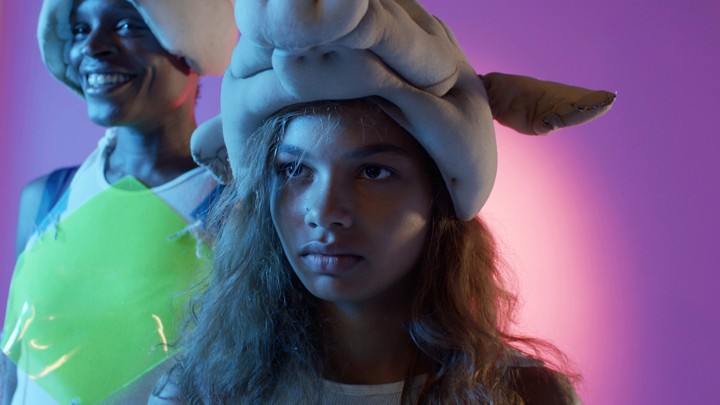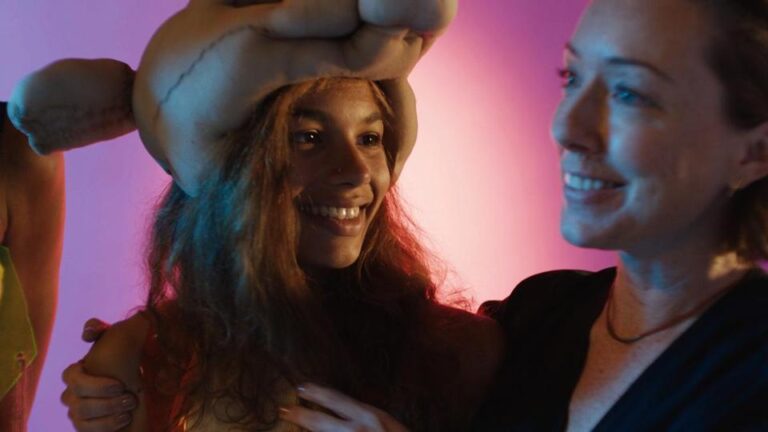Film Review: Madeline's Madeline
Teenage Girl Is Having An Art Attack In Theatrical Indie


Latest Article|September 3, 2020|Free
::Making Grown Men Cry Since 1992

